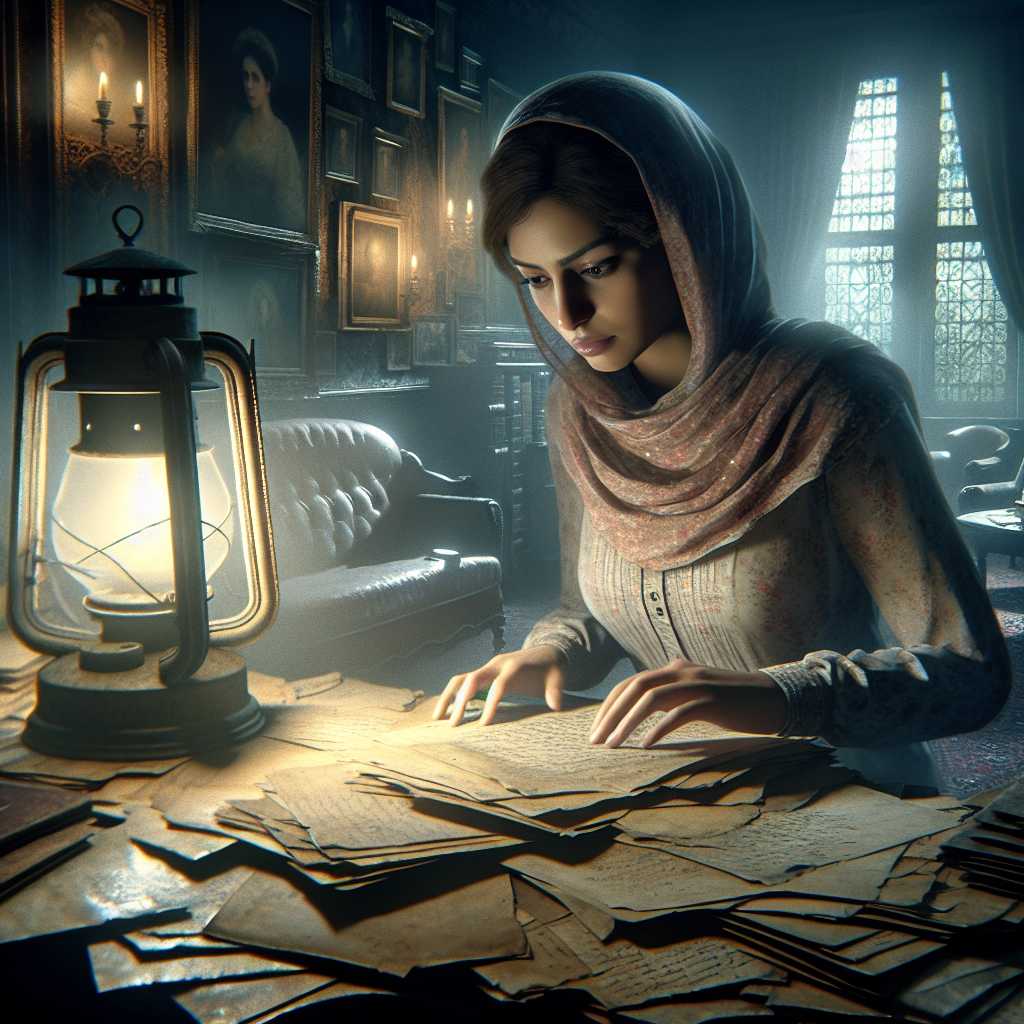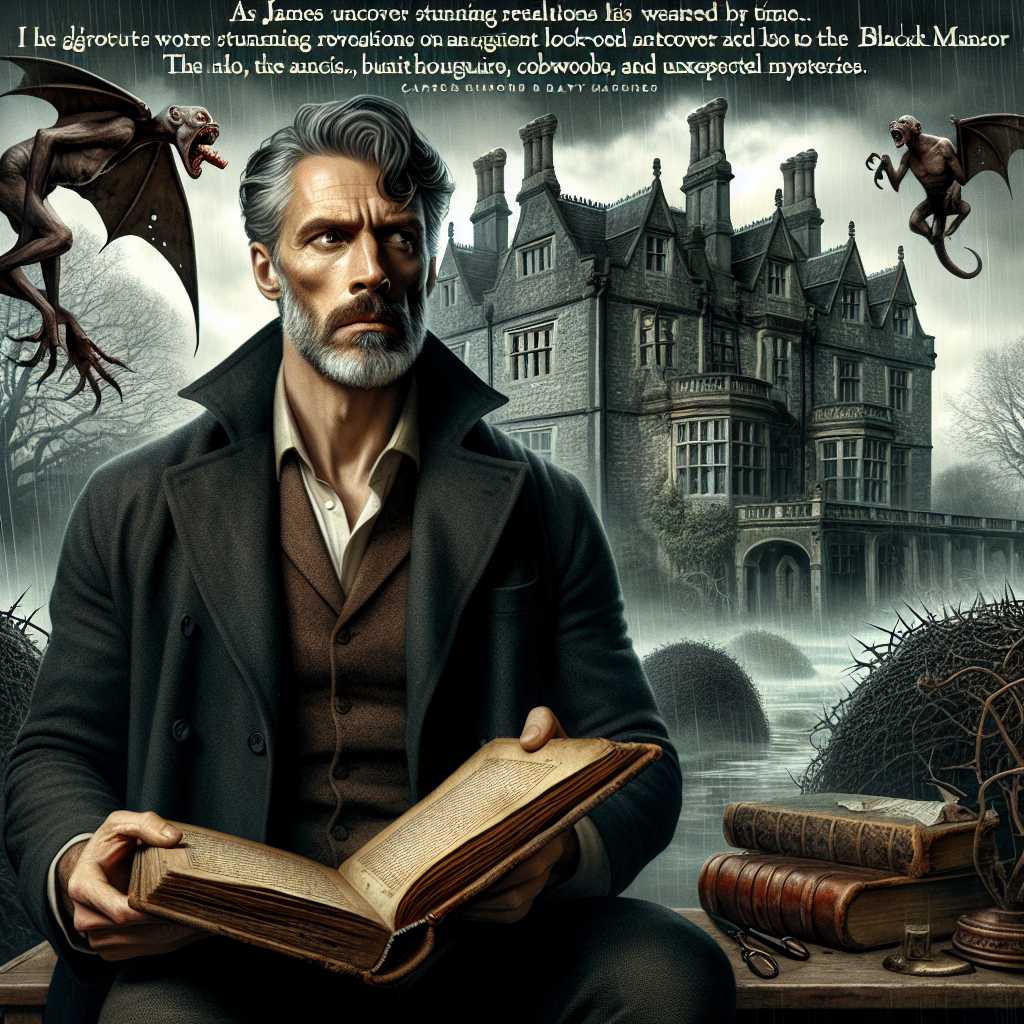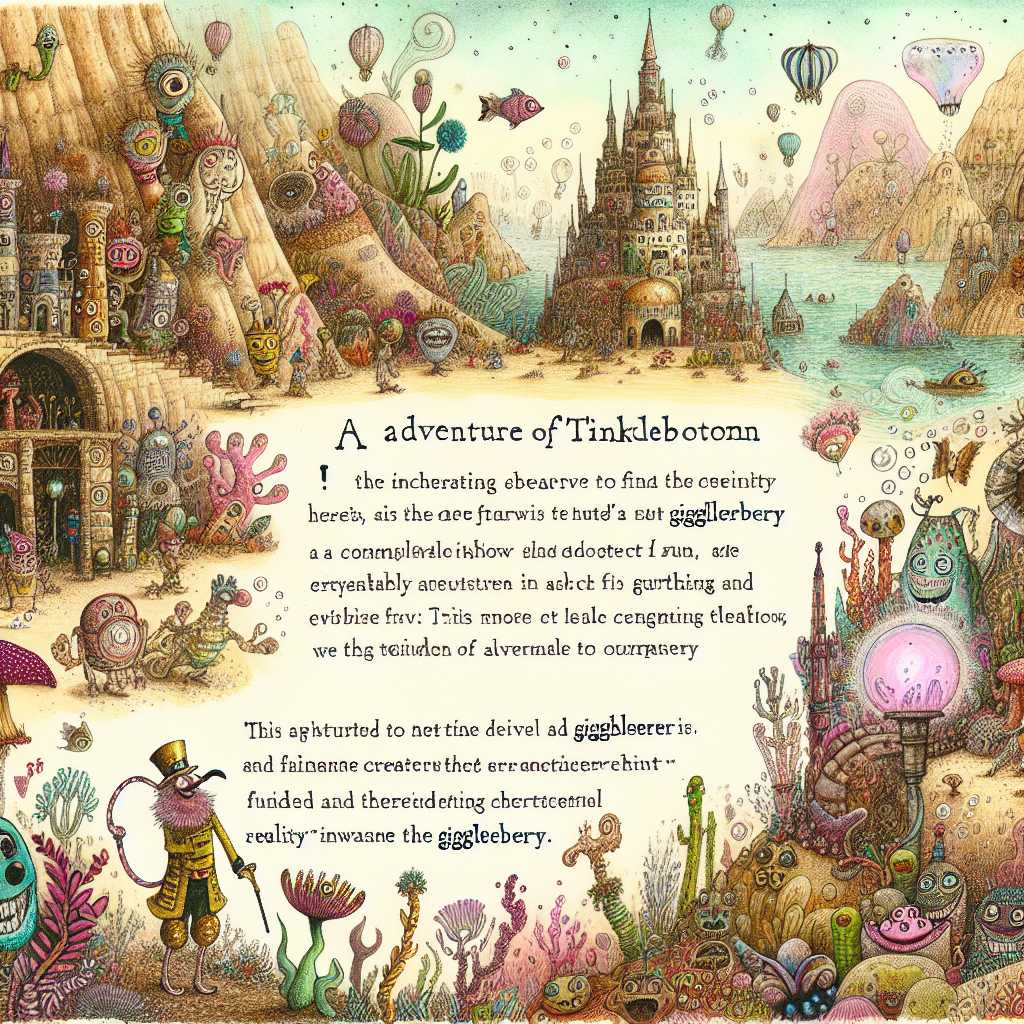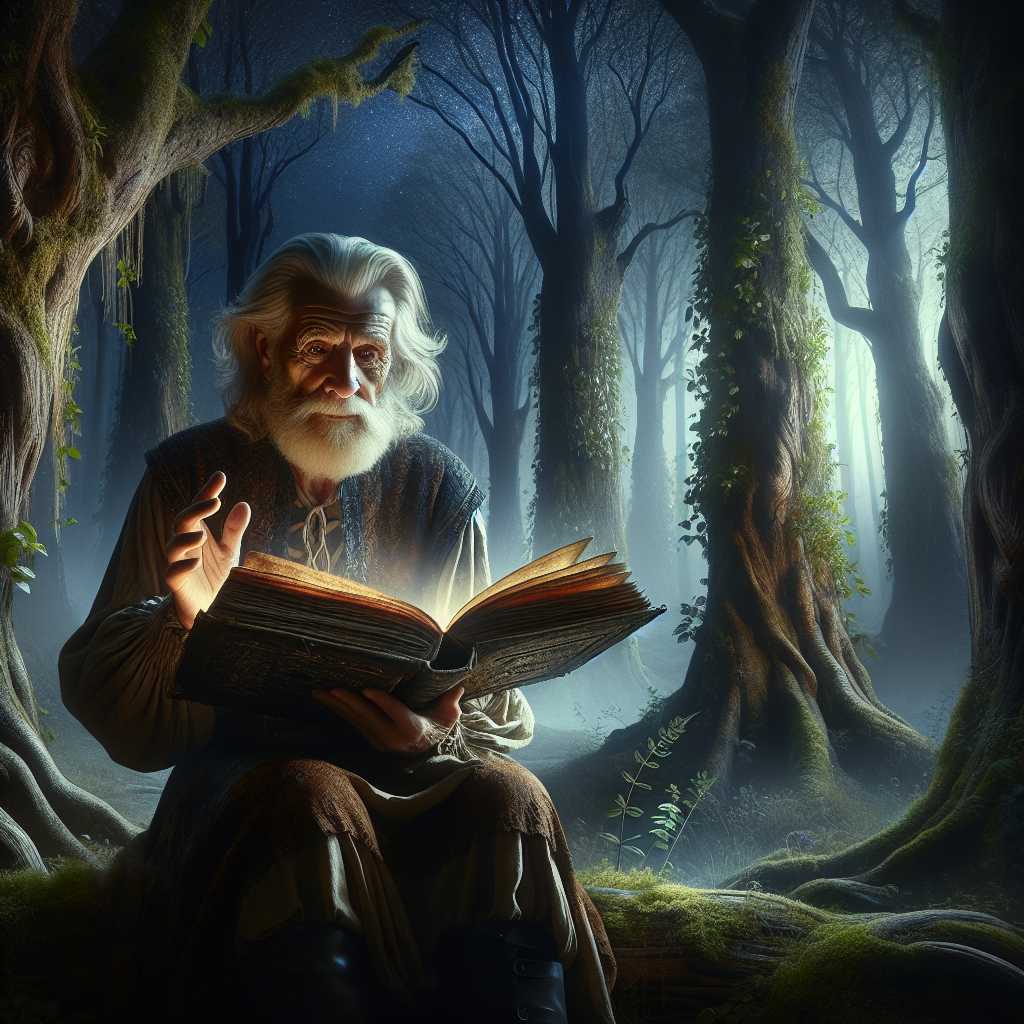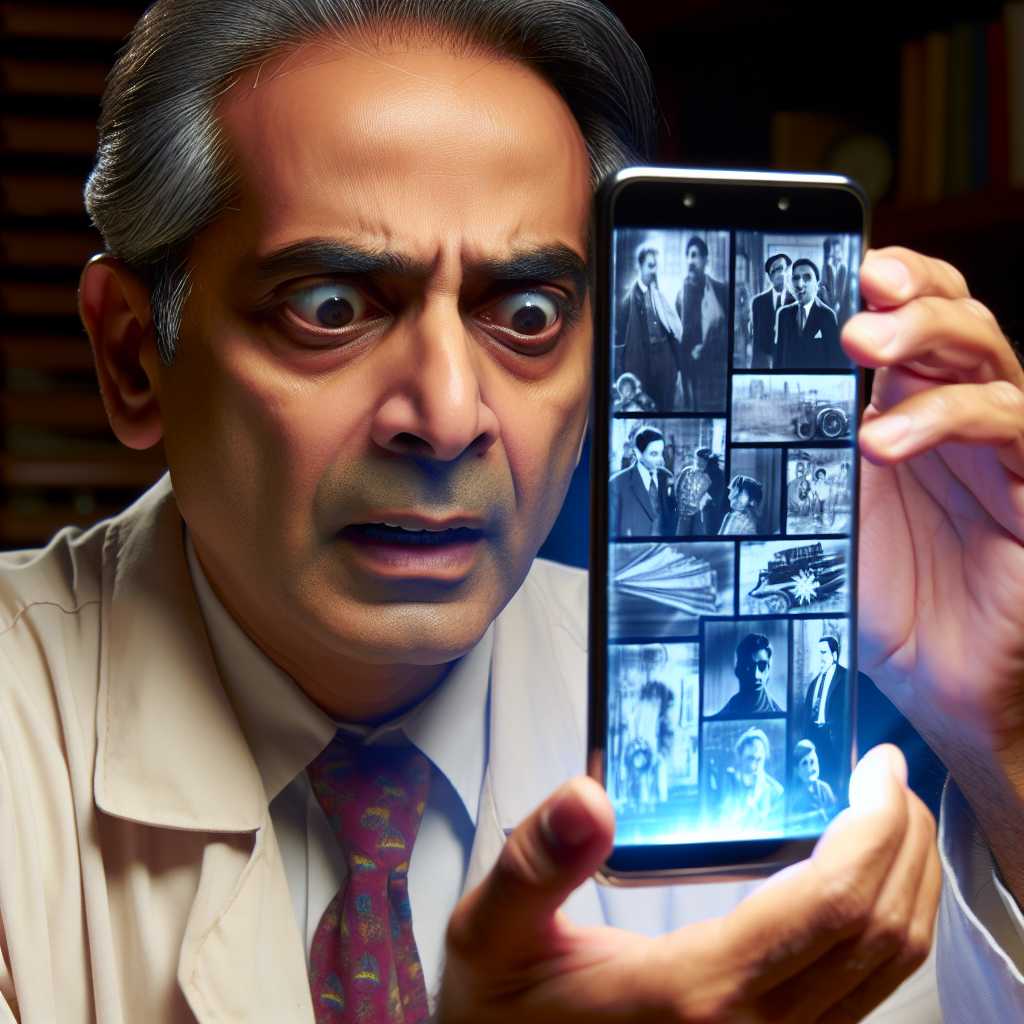
Henry Harrington was a man who cherished the quietude of small-town life. The town of Eldridge was perfect for a man such as him—a teacher turned lecturer who reveled in the written word. Residents of Eldridge knew each other's names, the town square was a meeting spot for weekly farmers' markets, and the local diner served as the nerve center of all gossip.
So, when Henry moved into a creaky, old mansion on the outskirts, the townsfolk raised eyebrows but said little beyond a courteous nod. The mansion, once the epicenter of the town's affluence, had seen better days. Now it stood as a relic of peeling paint and shadowed histories that whispered to the curious at dusk.
For the most part, Henry didn’t mind the stories that shrouded his new home. It was an affordable mansion with “character,” he often told himself. He enjoyed the breadth of its halls, the bookshelves that seemed to grow from the walls, and even that haunting chill that helmed each room, despite the blazing of fireplaces.
The mansion, however, had one curious idiosyncrasy. Each night, precisely at midnight, the telephone in the study would ring. It was an old rotary phone that Henry fancied for its antique charm but never saw the need to actually connect it to any service.
"Who in their right mind would call a disconnected phone?"
Henry asked himself on the third night. As the clock struck twelve, the tinny ding of the bell echoed through the empty mansion once more.
Initially, he supposed it was an electrical anomaly, something with the house's wiring—a rational deduction, he thought. Yet, every night, that logic unraveled as his thoughts danced on the edge of reason. On the fifth night, with the moon glaring through dusty windowpanes, curiosity overruled his apprehension. He picked up the receiver, but nothing greeted his ear except a chilling silence, a sort of vacuum that silenced even his own breath.
The following morning, Henry brought it up with Martha, the diner’s owner, when she came over with his usual—a black coffee and a croissant. Her jovial demeanor flickered as though he had unveiled something unspeakable.
"Old Man Parker used to live there,"
she began, topping up his coffee. "He owned that phone. Used it every night talking to his... relatives, they said."
Henry noticed how Martha's voice trailed off, laden with meanings unsaid. He nodded along, more to be polite than out of agreement. After she left, the coffee had grown lukewarm in his hands.
Later that night, when shadows cast long fingers across his study, he resolved to investigate further. As the only occupant of the house, Henry had spent enough time familiarizing himself with its crevices and peculiarities, and yet, it seemed that the house hid secrets jealously.
At precisely midnight, with a pounding heart, he sat beside the phone. The ring howled again, disturbing the silence he had wrapped around himself. With a deliberate calm, he picked up the receiver once more. This time, instead of silence, there was a faint crackling noise.
"Henry."
The voice was fragile, wispy—a voice unburdened by the constraints of the living. His heart stuttered, and he dropped the receiver as if it scalded him, which clattered against the desk. The unspoken name hung in the air, haunting in its intimacy.
Determined to unveil the truth behind this ethereal voice, he spent the next day visiting the town's archive, uncovering dusty files about Old Man Parker. He discovered that Parker had indeed lived alone, yet stories permeated the papers of how he was an avid inventor. The townsfolk believed him mad, claiming he had crafted machines that spoke to the dead, whispers of science and sorcery melding in sinister unison.
As shadows grew long once more, Henry returned home with a brew of dread and anticipation coursing through his veins. He decided he would confront this mystery head-on tonight.
Midnight approached with an unusual air of expectancy, as if the house and all its stories held their breath. Henry waited in the dim study, a glass of whiskey steadying his nerves. As the phone rang, he lifted the receiver with a defiance that surprised even him.
"Henry,"
the voice repeated, clearer now, like wind sweeping through a hollow corridor.
"Who are you?" Henry demanded, with a tone of command he often used in lectures.
"I am what remains," the voice answered, inflecting an unspeakable sadness into every syllable.
Despite the tremor in his hand, Henry pressed further. "What do you want from me?"
Amongst the static, the voice broke as though a memory shard had wounded it. "To be remembered," it murmured, a plea, and then the line crackled with silence once more.
Henry replaced the receiver slowly. The conversation had triggered a seed of understanding within him: the ghostly presence, it seemed, only longed for acknowledgement, not fear.
Henry spent the coming days writing. Using the information he could piece together from Marcus Parker's life, he crafted tales of invention, of solitude and genius. Each midnight, the phone ceased to ring, its desire for recognition replaced by written legacy.
Yet, each time Henry paused in the study, his eyes drifted towards that old phone—a relic of whispered secrets, now silent.
The mansion, it seemed, had secrets still, but they had found a voice—a voice that wouldn't be silenced.






